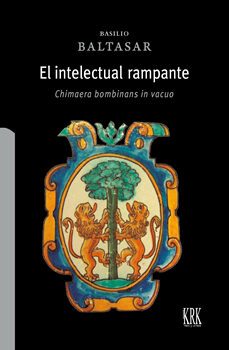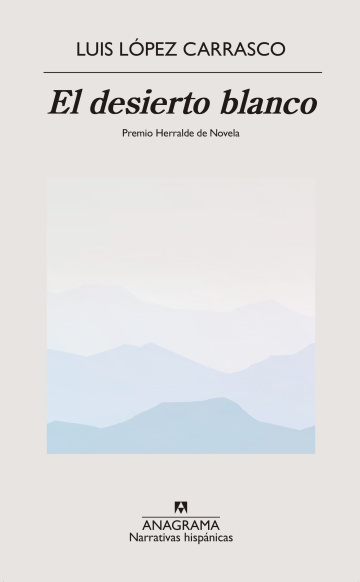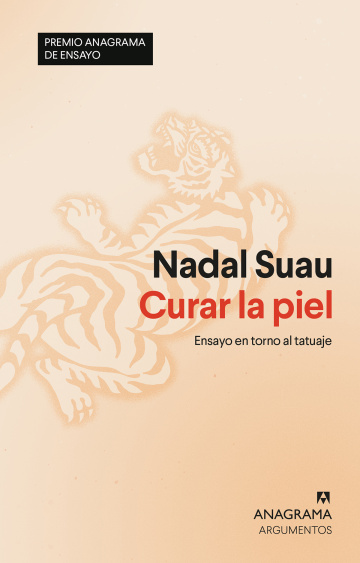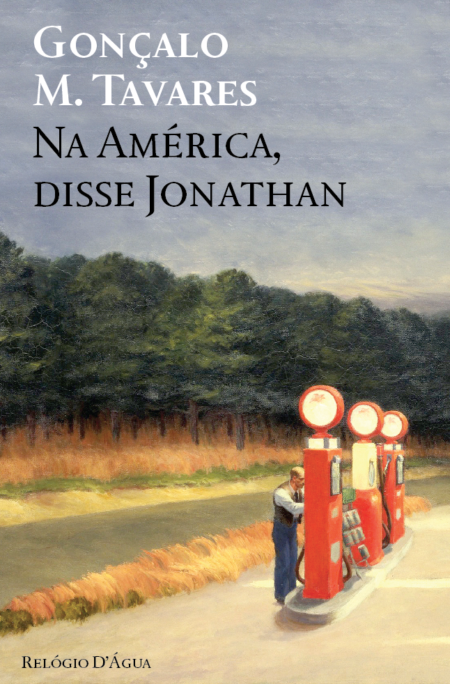Earlier this month when I felt like cleaning up after the holidays, I looked through a stash of newspaper cuttings from 2023 with book reviews, editorials, etc. that I thought would make good topics for blog posts.
Here are some of them that finally didn’t make it into individual posts:
April:
David Jiménez, La palabra ambigua. Los intelectuales en España (1889-2019) [The ambiguous word: Spain’s intellectuals]; Basilio Baltasar, El intelectual rampante. Chimaera bombinans in vacuo. [The rampant intellectual: a chimera booming in the void] [La Vanguardia (LV), 8 April 2023, pp. 36-37; La Casa… for the cover pic]

Susana Quadrado reminded the readers of her weekly column that “the Balearic Islands are not a theme park”. There are no moments left of the year when you won’t find masses of tourists all over Majorca; the same is true for Barcelona with a mainly negative impact on the local population: a housing crisis (AirBnB), low-paid jobs in services –even though you, the visitors, pay premium prices–, air-pollution due to air/port activity – and a few owners in the hospitality industry who make nice profits [LV, 15 April 2023].
Antònia Justícia explained the real story behind Concha Pasamar’s Bibliotecarias a caballo, a children’s book that remembers the Pack Horse Librarians (1936-1943); cf. Donald C. Boyd, The Book Women of Kentucky: The WPA Pack Horse Library Project. [“Cultura/s,” LV, 22 April 2023, pp. 38-39; Amazon for the cover pic]

May:
Antonio Muñoz Molina, in an op-ed article on the horrors of Spain’s public administration, mentioned Michael Reid’s Spain: The Trials and Triumphs of a Modern European Country [El País, 6 May 2023, p. 11; bookseller for the cover pic]

Leonor Mayor Ortega presented the project The Barcelonian by Luisa Vera and Inés García-Albí, a magazine consisting only of its artistic cover in the style of The New Yorker (or the French Dispatch). It was born during the Covid pandemic and found many imitators in other Spanish cities. [LV, 13 May 2023, p. 52; publisher for the cover pic and further examples!]

El País had reading recommendations in its special edition for the Madrid Book Fair, among them Victoria Bermejo’s Sí, lo hice [Yes, I did it], a funny novel on the publishing industry; Juan Iturralde/a.k.a. José María Pérez Prat, Días de llamas [Days of flames], a reedition of a 1979 novel on the Spanish Civil War; Hernán Ronsino’s Una música [A tune], book of the year by the Buenos Aires book fair; Ramón Masats’ Visit Spain [sic], “An ironic view on Spain [1955-1965] by one of the most decisive photographers of our country.” [“Babelia,” El País, 27 May 2023, pp. 4 and 8; publisher for the cover pic]

June:
El descubrimiento de Europa. Indígenas y mestizos en el Viejo Mundo [The discovery of Europe: Indigenous and Mestizos in the Old World] by Esteban Mira Caballos sheds light on the approximately 2.500 natives who came to Spain as slaves between 1493 and 1542 [LV, 17 June 2023, p. 42]. It was not the only book talking about slavery and its role in Spanish wealth accumulation until the loss of the empire in 1898: Xavier Sust Fatjó, Deu històries negreres. Expedicions transatlàntiques catalanes al segle XIX [Ten slave traders’ stories: 19th century Catalan transatlantic expeditions], not a global overview of the system, but ten specific cases. The reviewer, Joan Esculies, recommends it as an addition to Josep M. Fradera’s Antes del antiimperialismo [Before Anti-Imperialism; more information in English][“Cultura/s,” LV, 25 Feb. 2023, p. 8; publisher for the cover pic]
July:
Joan Esculies reviewed Josep Burgaya’s Tiempos de confusión [Times of confusion] in which the writer recommends the parties of the left to stop engaging in identity politics, culture wars and fights among themselves, and instead present a message of hope, concentrating on economics (monetary and fiscal policies) and a good life for all. [“Cultura/s,” LV, 1 July 2023, p. 8]
Perico Pastor wrote La Vanguardia‘s obituary for Didier Lourenço [1968-2023; homepage], the painter of the “bicycle girl” [LV, 29 July 2023, p. 27]
August:
Antoni Puigverd praised the late Vicenç Pagès Jordà’s novel Los jugadores de Whist [The whist players](2009) and presented one of its settings, the Sant Ferran castle in Figueres (Girona; website). [LV, 5 Aug 2023, p. 14]
Sílvia Colomé praised the Eines i feines [tools and tasks] collection by the Brau publishing company, e.g. Eines i feines del pagès [A farmer’s tools and tasks] [LV, 5 Aug 2023, p. 15; publisher for the cover pic]
And still in the same weekend edition at the beginning of a long holiday month, Màrius Serra recommended Mercedes Abad’s Escuela de escritura [Writers’ school]. [LV, 5 Aug. 2023, p. 38]
Fall:
The 2023 Herralde novel prize went to Luis López Carrasco for El desierto blanco [The white desert]; there is more information by the publisher in English.

The same publisher also awarded the Anagrama prize for a novel in Catalan to Andrea Genovart, Consum preferent [Best before; publisher’s information], and the Anagrama essay prize to Nadal Suau for Curar la piel. Ensayo en torno al tatuaje [Cure of the skin: essay on the tattoo; publisher’s page in Spanish].

The third Monday in January is considered to be the dreariest day of the year, at least in the Northern hemisphere [Wikipedia]. Your blogger hopes this post has brought some light into your day.











